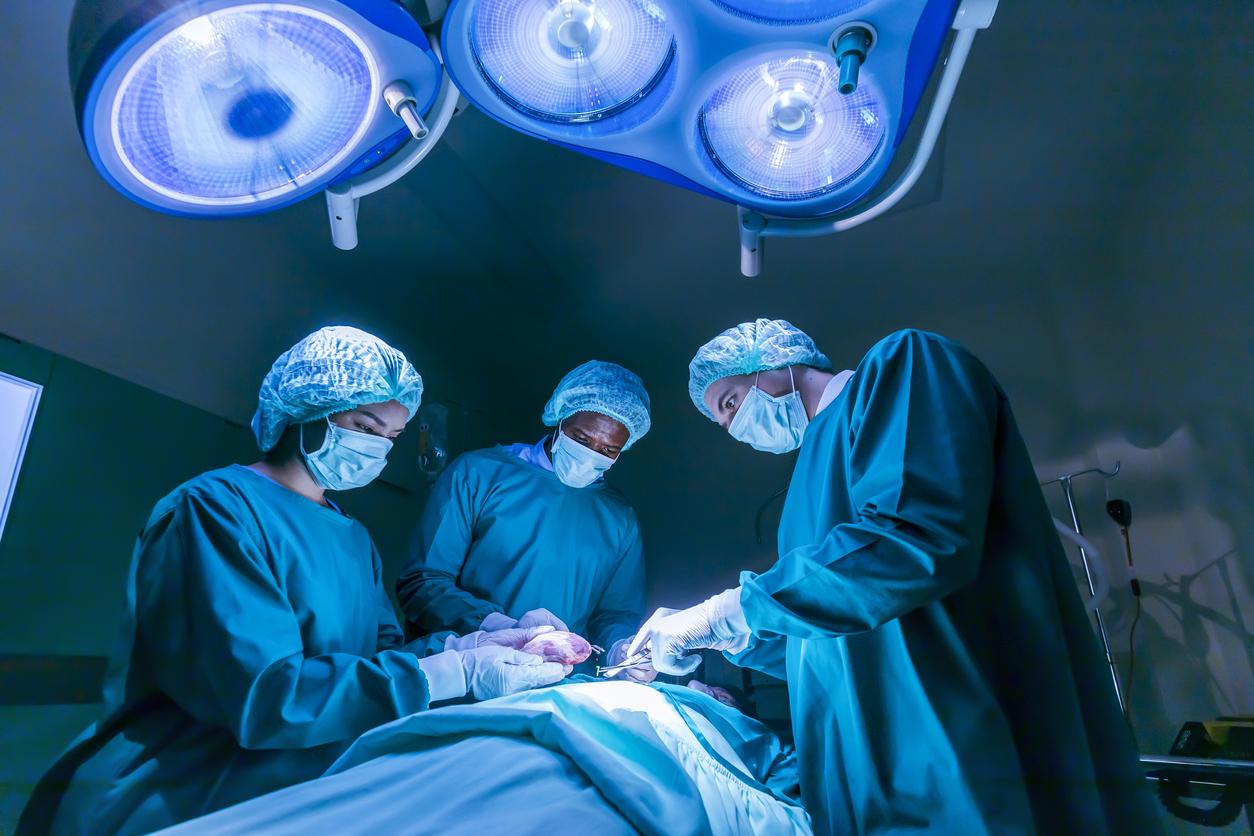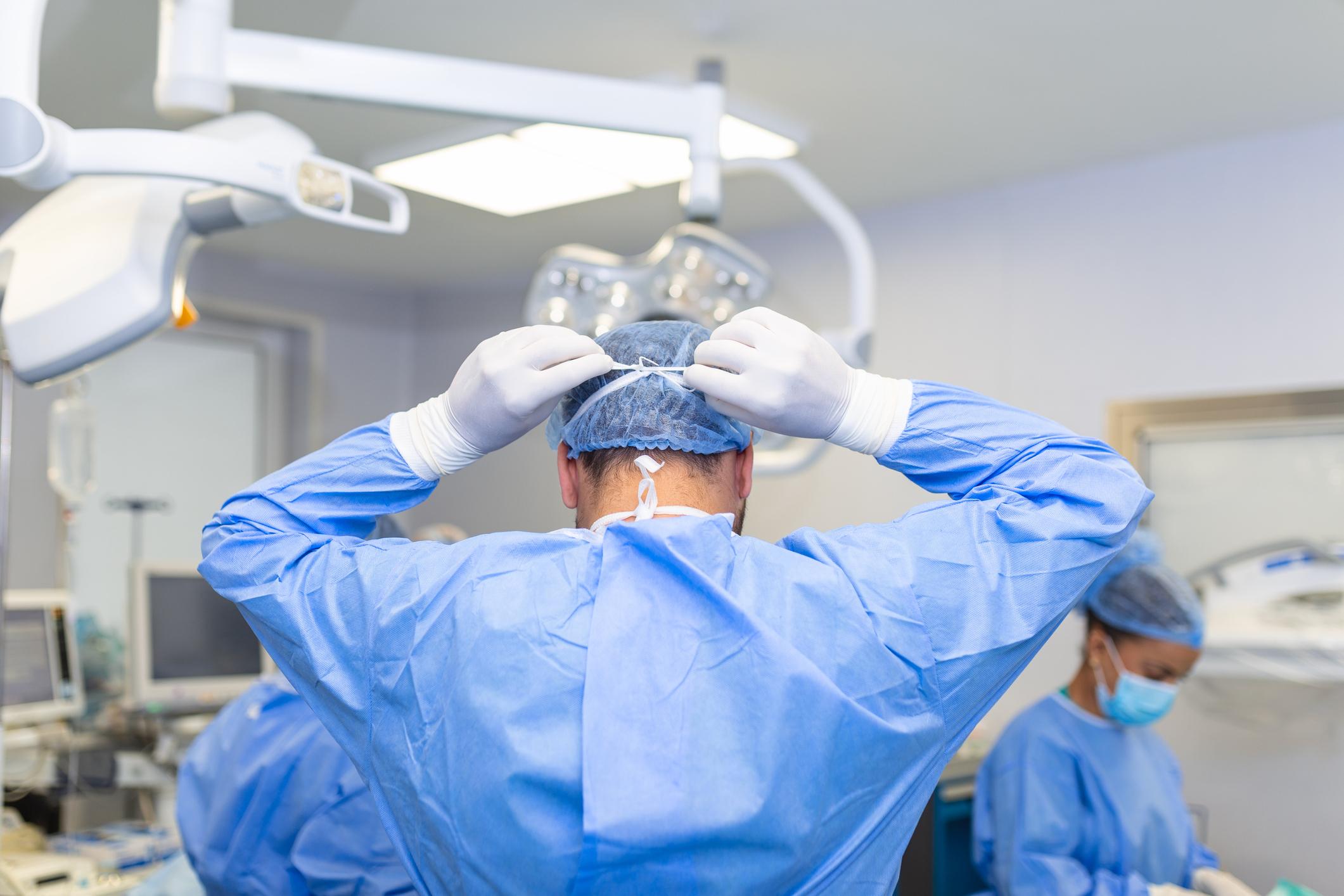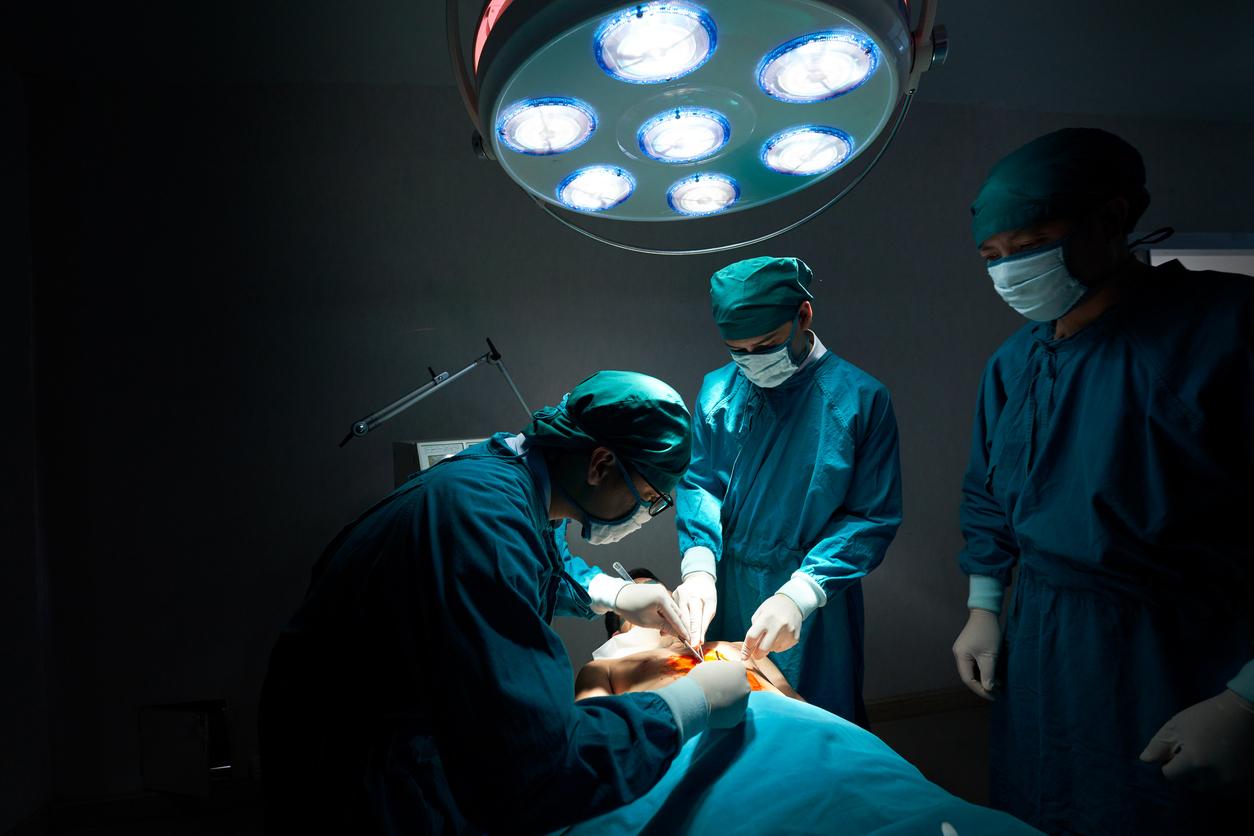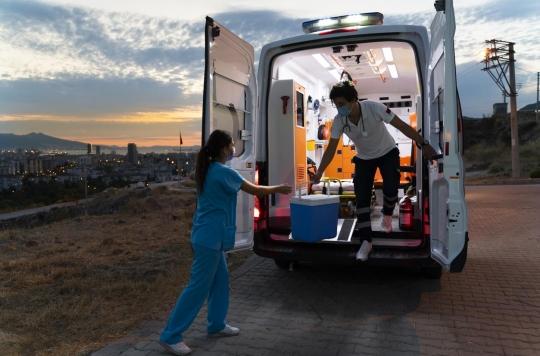While the procedures are mostly performed early in the morning, a study shows that heart complications are less frequent and less severe when a heart procedure is performed in the afternoon.
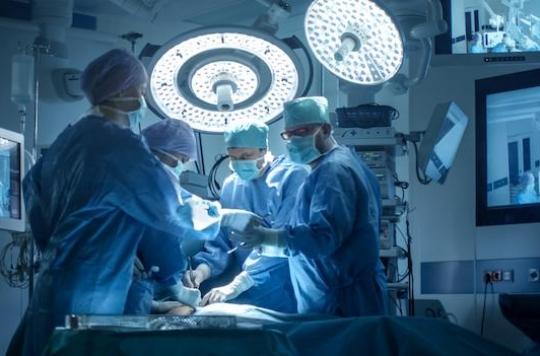
The tolerance to oxygen deprivation of heart cells, which is inevitable during heart surgery such as heart valve replacement and / or coronary bypass surgery, depends on the time of day: heart complications are less frequent and less severe when this surgery is performed in the afternoon versus in the morning, a team from Lille concluded.
The study is published in a prestigious journal Tea Lancet, and shows that everything comes into our cell clocks. The first research carried out in the years 1970-80 highlighted the existence of a molecular clock within each cell of the body. This discovery was recently awarded the 2017 Nobel Prize in Physiology and Medicine.
Clocks: central and peripherals
The functioning of the organism is subjected to a biological rhythm, fixed on a cycle of a day of 24 hours. This rhythm regulates almost all of our biological and behavioral functions. It is the result of the interaction between a central clock in the brain and peripheral clocks located in each organ (heart, liver, muscles, etc.). These peripheral clocks make it possible to optimize the functioning of each organ according to the environmental context. They must be permanently resynchronized, thanks to the internal clock of the brain allowing this synchronization according to the external light (day-night).
Heart attack and stroke: in the morning
Cardiovascular functioning (pulse, blood pressure) is well known to be paced over a 24 hour cycle. Ditto for the risk of cardiovascular accident: the majority of myocardial infarctions and strokes occur at the end of the night or in the early morning. The heart may therefore be more or less sensitive to certain stresses, toxic substances or drugs during the 24 hour cycle.
These major discoveries open a new therapeutic avenue in the management of pathologies for which the lack of oxygen in the heart muscle is essential, such as angina pectoris and myocardial infarction, but also in situations where this lack of oxygen is essential. Oxygen is imposed as when the heart stops during cardiac surgeries or even during the transport of the graft before heart transplantation.

.







